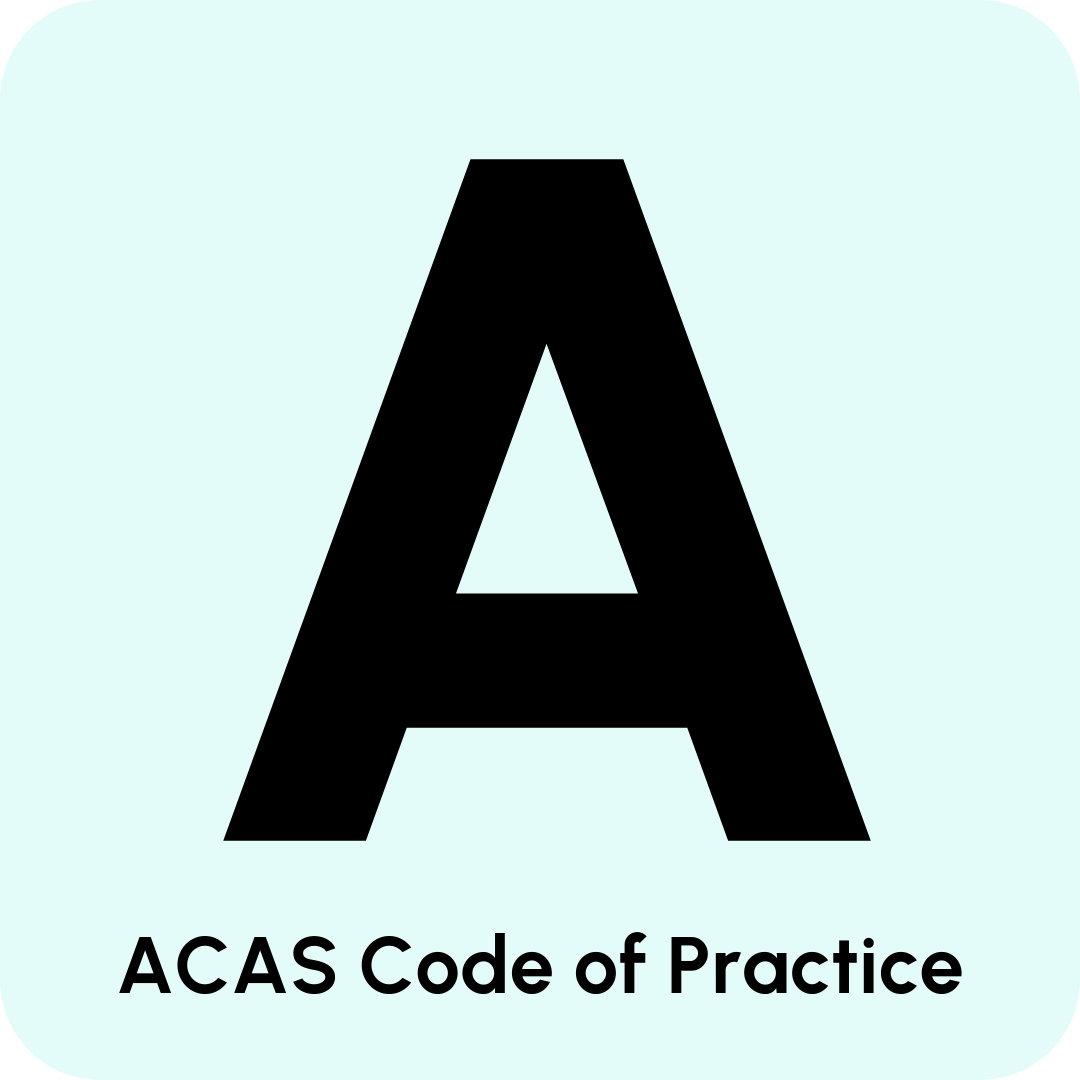Why does the ACAS Code of Practice matter for your business?
- Compliance risk: Ignoring the Code can expose organisations to costly tribunal claims. For example, if an employee is dismissed without a fair hearing, a tribunal may increase compensation by up to 25%.
- Consistency: Following the Code ensures that employees are treated equally, helping prevent discrimination or bias.
- Reputation management: Companies that follow best practice are seen as fair and responsible employers, strengthening their employer brand.
- Employee relations: Transparent and fair processes improve employee trust and engagement. Staff are more likely to raise concerns internally rather than escalating them legally.
- Strategic advantage: Businesses that embed the Code into everyday HR practices experience fewer disputes, reduced absence, and stronger retention rates.




